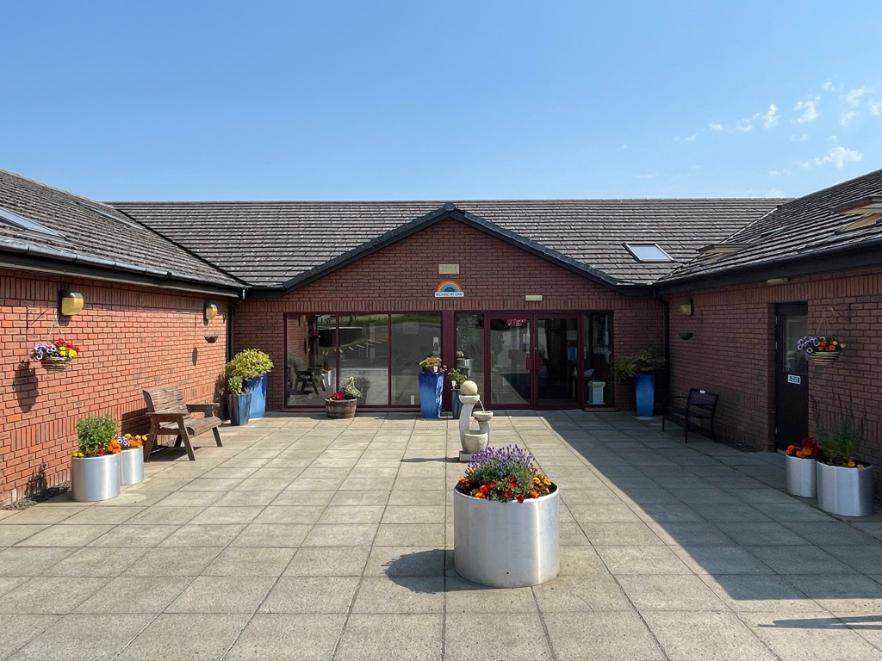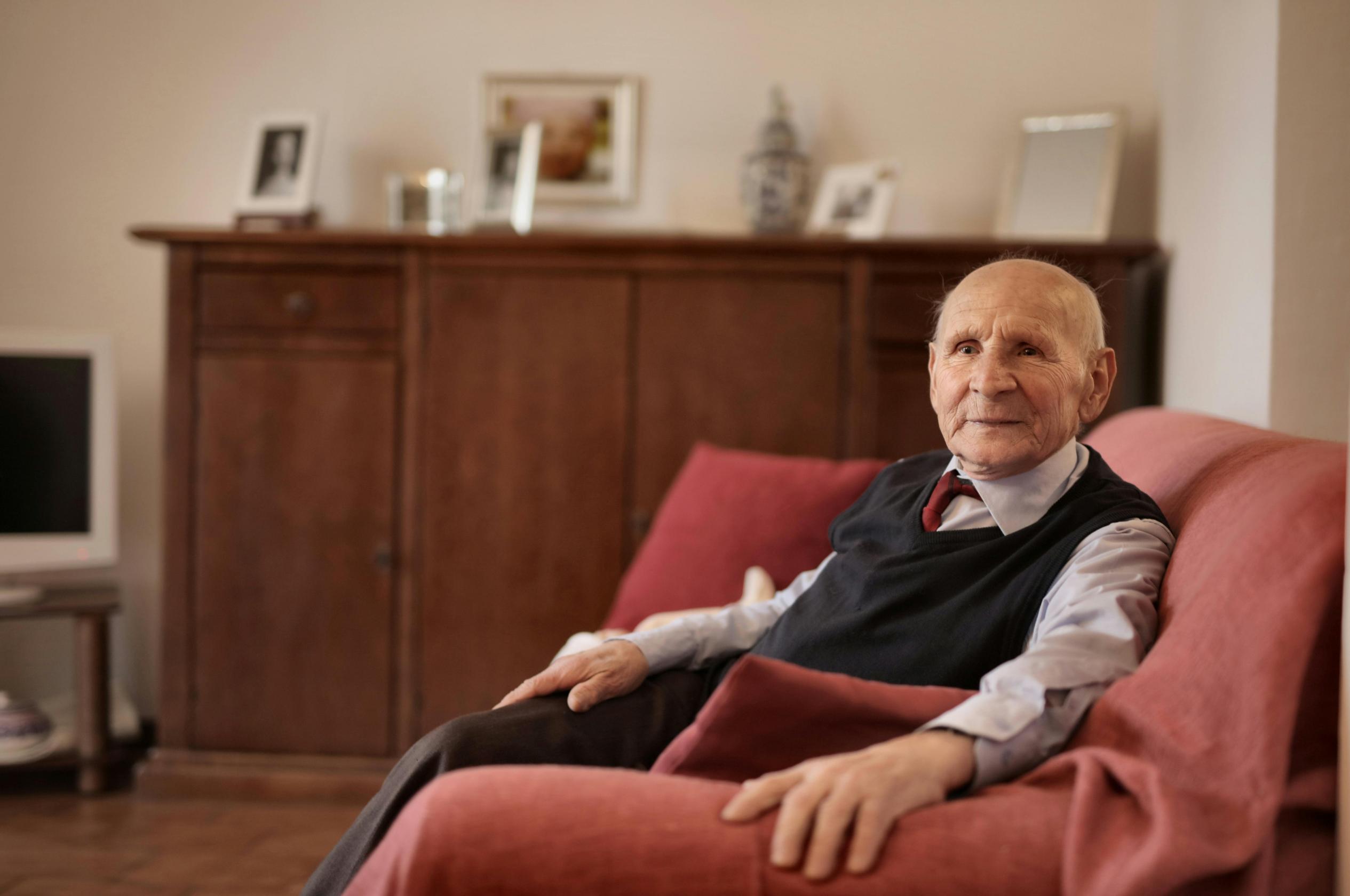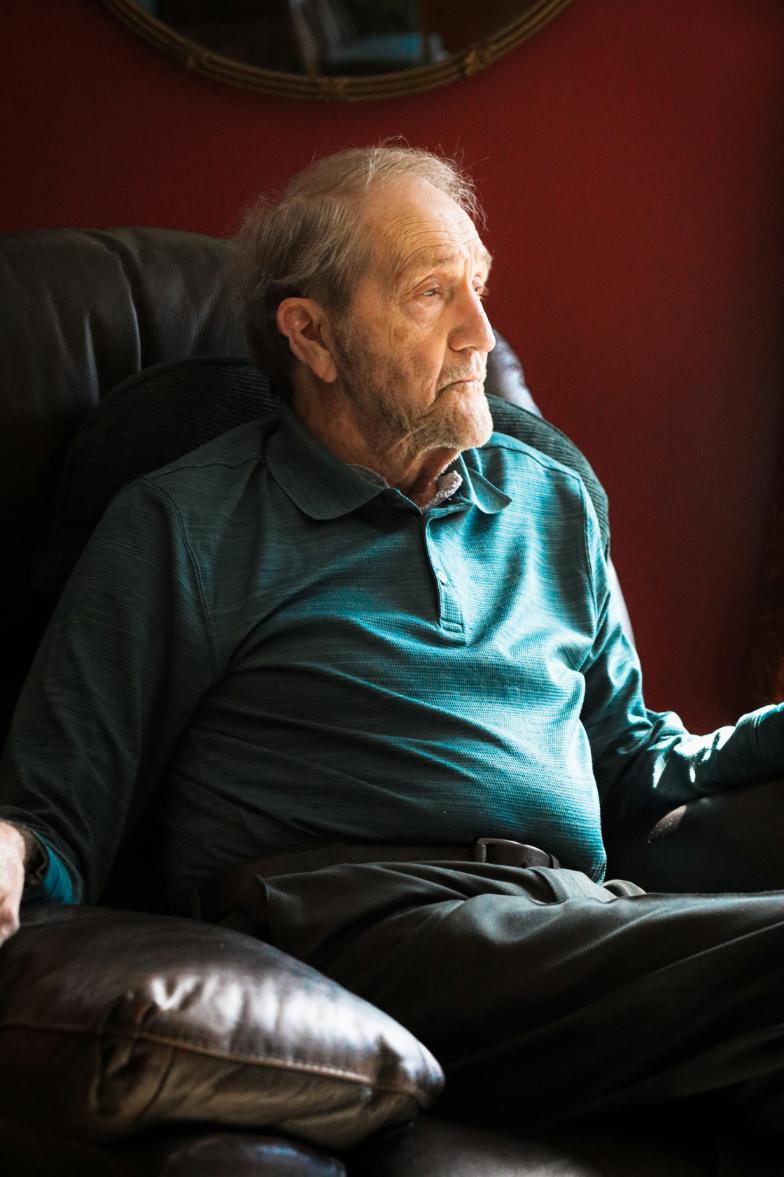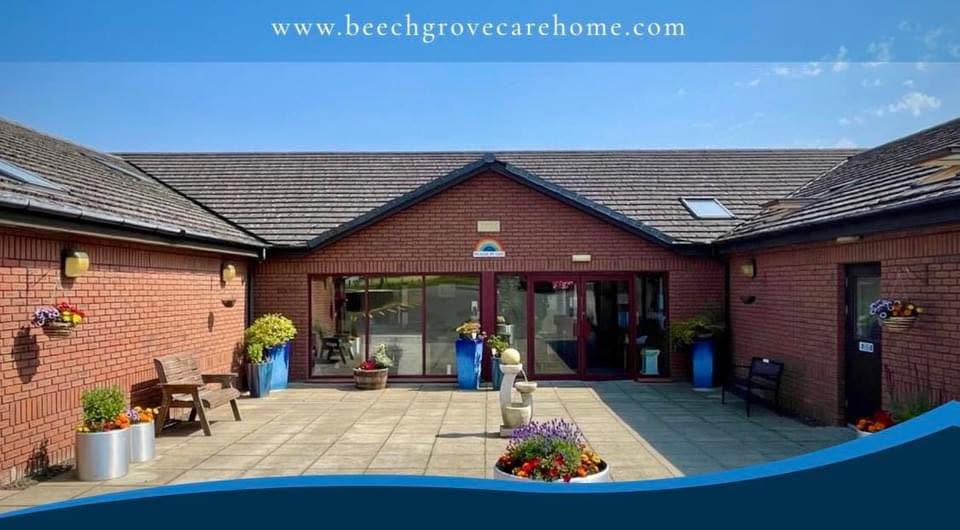The Importance in Receiving a Continuum of Care in a Care Home

Continuum of care in a care home allows a resident to transition seamlessly from one type of care to the next in line with their changing needs, while living in the same care home rather than having to transition to a nursing home. The most common types of care you will find within UK care homes are residential care, dementia care, nursing care and respite care as well as palliative care. Care homes that offer these care types are best suited to providing a continuum of care as they can meet a variety of care needs.
Delivering care in this way ensures coordination between a variety of medical care professionals and therefore careful attention to detail. Continuum of care means care plans are continually reviewed and adapted in line with a change in care needs.
5 Benefits to Continuum of Care in a Care Home
Living in a care home comes with an abundance of benefits for both residents and their loved ones, including receiving a full continuum of care. Here we list the top 5 reasons receiving care in this way is beneficial to both residents and their loved ones:
- Adaptive Care in One Place
Should a resident's care needs or condition progress while receiving a continuum of care in a care home, the staff are able to respond quickly, efficiently and amend the care plan to reflect the evolving medical and well-being requirements. Residents living in this environment are able to truly settle and have peace of mind knowing their stay is long-term, are able to truly enjoy their home and live a high quality of life.
- Evolving Care Plans
Continuum of care means that residents' care plans are adjusted as and when needed; care plans evolve with a resident's requirements, are adaptable and adjusted accordingly, in line with their needs. Adaptable care plans cover both a change in medical needs as well as progressive care to ensure the long-term care a resident receives meets their current circumstances.
- 24/7 Care
24/7 care means having professional assistance day and night, 24 hours a day, 7 days a week. Having constant access to skilled and experienced carers allows for immediate reactions to a person’s care needs such as falls, changes in condition, illness or injury. Both residents and their loved ones are reassured that exceptional care is always available when living in a care home that provides around-the-clock care.
- Accountability & Ownership
Transparent lines of communication between all parties, combined with regular assessments and feedback ensures accountability for a resident's care. Accountability and ownership in healthcare has the ability to improve doctor-patient trust, reduce the misuse of resources, as well as help the team within a care home provide high-quality care.
- Relationship Building
The ‘Continuum of Care’ model presents opportunities to build long-term relationships between residents, relatives and all staff involved in the care process. Fostering deep relationships ensures a resident’s needs are understood and effective comprehensive care is delivered.
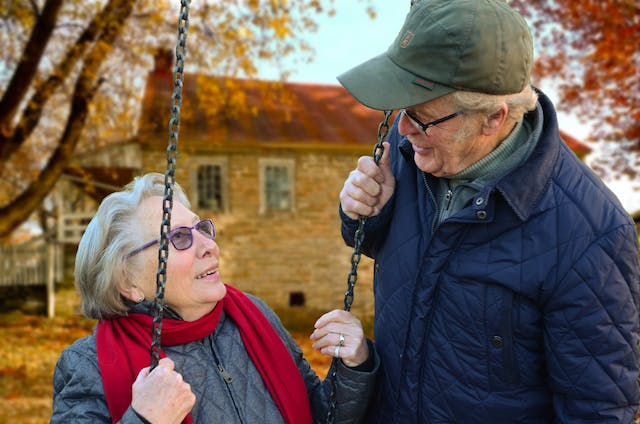
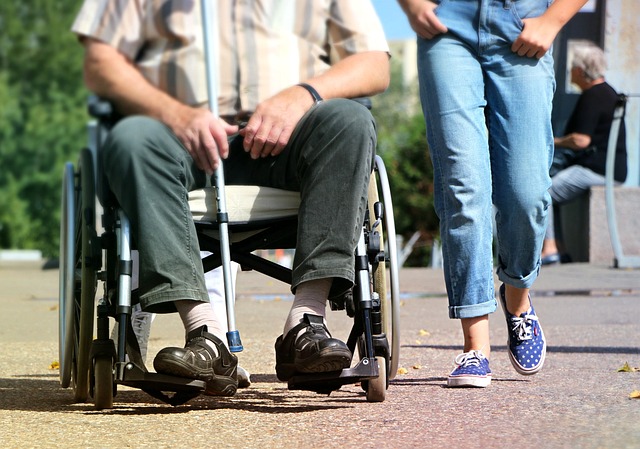
Continuum of Care Example:
An individual may move into a care home and display the initial signs of Dementia. Dementia’s progressive nature means symptoms gradually worsen over time. Initial cognitive signs of Dementia may eventually lead to more severe symptoms. The condition may move on from needing support with daily tasks, to eventually resulting in the individual requiring full-time care. Caring for an individual with a continuum of care works best when the approach is holistic and starts as soon as the first symptoms are identified. When receiving a continuum of care, the person living with dementia will receive cohesive and consistent care in the setting of their choice.
When all care professionals play a role in decision-making, the collaborative team can effectively determine care requirements and how best to execute this care to the resident. Effective execution of the continuum of care can involve the following professionals:
- The resident
- The resident's friends/family/loved ones
- Healthcare staff, Nurses and Administrative staff within the care home
- The Kitchen and Well-being team within the care home
- External professionals such as GP’s, Physiotherapists, Chiropodists, Opticians, and so on
Continuum of Care at Beechgrove Care Home
Beechgrove Care Home proudly offers a continuum of care to all residents. We understand the benefits delivering care in this way has not only for the resident but their loved ones and our staff. We are proud to provide 24-hour residential care, dementia care, nursing care and respite care. All of the care services we provide take place in a loving and tranquil setting, designed to make everyone feel that Beechgrove is a place they can call home. The high level of care we provide caters to both health and well-being demands as we believe caring for an individual in their entirety is vital to achieving the most effective care.
- Residents are able to remain in their care home despite a change in care requirements
- Care plans change and evolve in line with a residents' care needs
- 24/7 access to and care from professional staff
- Staff take pride in taking responsibility for the care they deliver
- Understanding its importance, staff strive to foster long-lasting relationships with both residents and their loved ones
Coupling a continuum of care that supports long-term health conditions with a warm environment that promotes an active lifestyle, allows Beechgrove Care Home to provide comprehensive care that cover every need and wish a resident may have, from medical assistance to activities of daily living and beyond.
Is Beechgrove Care Home right for me?
Residents are encouraged to live at Beechgrove Care Home as if it were their own home, going about their daily routines while making use of the many services and amenities available. Our wonderful staff are on hand 24-hours a day to assist residents with a variety of medical needs, and for them to live freely with as little or as much assistance as they require.
Beechgrove Care Home care services include, but are not limited to:
- Dementia Care
- Skilled Nursing Care
- Residential Care
- Respite Care (Short-Term Care)
- Palliative Care
- Dementia
- Eating Disorders
- Learning Disability
- Mental Health Condition
- Physical Disability
- Sensory Impairment
- Alcohol Dependence
- Alzheimer's Bariatric Care/Obesity
- Bipolar/Manic Depression
- Cancer Care
- Cerebral Palsy
- Colitis & Crohn's Disease
- Epilepsy
- Hearing Impairment
- Motor Neurone Disease
- Multiple Sclerosis
- Neuropathic
- Orthopaedic
- Parkinson's Disease
- Speech Impairment
- Stroke Visual Impairment
Our wonderful care home in Lanark provides a luxurious yet safe environment for residents who wish to experience the benefits of group living and live as independently as possible, knowing their medical needs are in the safe hands of our high-skilled, friendly staff. Beechgrove Care Home strives to provide residents with a wide range of accessible amenities and facilities that allow them to live a rich and fulfilled life. From film afternoons to socialising over afternoon tea or unwinding in the library, our facilities have been carefully selected to provide our residents with the lifestyle they desire.
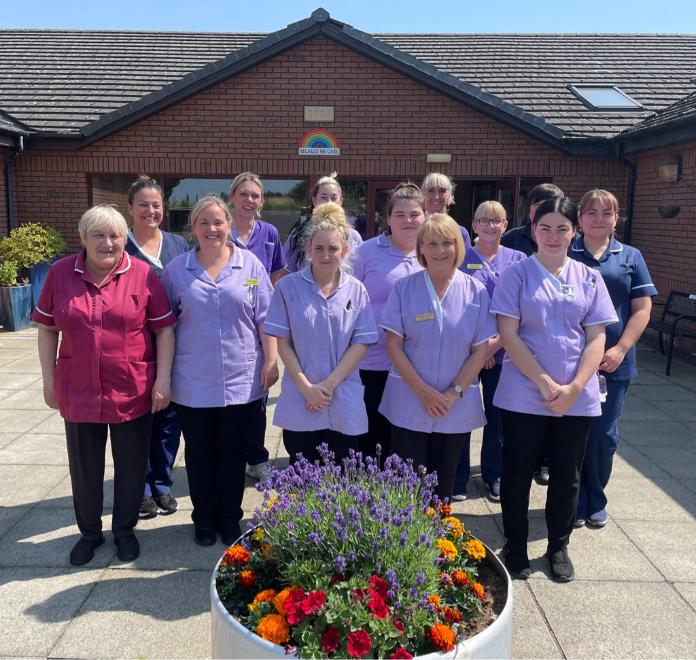
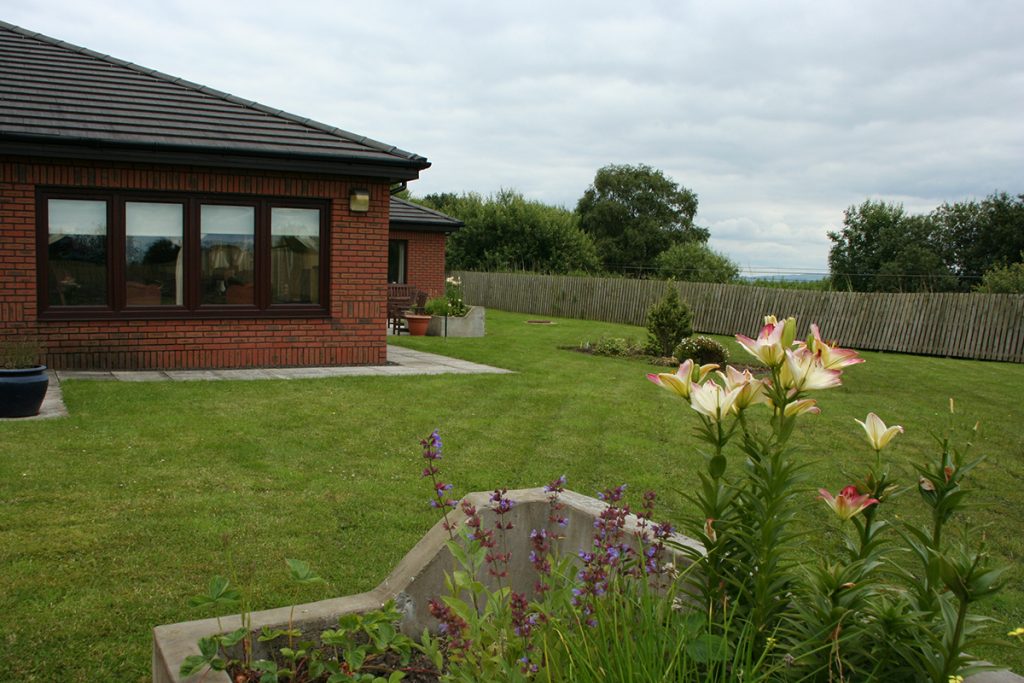
Our open-door policy allows friends and family of loved ones to visit as frequently as they wish. During their visit, they will be welcomed with food, drink and open arms. This is especially important when a resident is receiving palliative care; we ensure the individual is made as comfortable as possible and that visitors can spend as much quality time as possible with their loved ones during their final days.
For more information about Beechgrove and the outings and activities our residents enjoy, please get in touch to book a tour or download a brochure.
